"I don't care about the law" says you are corrupt
All politics is local, so holding power to account has to be done personally
I walked into the village shop, and was immediately confronted by a livid woman of roughly retirement age.
“I am absolutely furious at you! I have read your article, and I was a journalist for 20 years, and it is the worst thing I have ever seen written! You should be ashamed!”
I have been a writer for 20 years too, latterly focused on crime and corruption. I am quite used to attacks from trolls, as well as censorship and character assassination. That said, I have never met anyone in the flesh quite so upset at being called to account. I calmly responded that what is shameful is doing dodgy land deals and breaking the law.
“I don’t care about the law!” she screeched back.
Then, realising that this might not have been the wisest thing to say aloud in front of the other shoppers and the counter assistant, she quickly hoofed out, leaving me to get my morning coffee and a few buns for breakfast. I am not the Machiavellian type, so I didn’t deliberately set her up to out herself as crooked, but there you go — people can’t help but tell you who they really are!
A month ago I published an article on the Pirates of Palnackie, which shines a light into some shady corners where nobody had expected to be exposed, because the “fourth estate” is captive to monied interests. This last week I returned to the area to research a different story, with no connection to the village and its harbour. Having learned of yet more marine drama going on with an upcoming construction project, I took an interest in the parish council meeting that happened to coincide with my visit.
My intent was just to sit, listen, and learn. At the last minute it was switched from an in person meeting to online via Zoom. No link was given, no QR code, and no contact to receive joining details. In other words, this was de facto a closed private meeting, when it is de jure meant to be an open one. This, of course, only made me even keener to join in. What are they trying to hide?
I have never attended any kind of council function before, so my primary motive was simple curiosity. I was in Palnackie for unrelated business, so I had no desire for involvement or controversy. What I found is a microcosm of the struggle we face everywhere to establish truth, honour, justice, and equality under the law, with the ultimate goal of peace. There is a power in just turning up and watching governance in action, one that I had to see and experience to believe.
The chairperson of a public meeting is meant to be impartial and act in a professional manner, in accordance with the Nolan Principles of public life. Public meetings are also exactly what they say: open to the general public. There is no requirement to identify yourself or explain your presence. Anonymous attendance is perfectly lawful, to my knowledge. As long as you do nothing to disrupt proceedings, there is no reason to exclude you.
At the outset of the meet the parish council chairman, Angus Campbell, asked those outside of the recognised community to identify themselves. One Zoom account was just a number, not a name, with no video, but it turned out was a local on audio only. I kept my video off, as I wanted to be able to make notes and do other things while I listened in. I had no intention of active participation, only being a quiet observer, since I was in no way on the agenda. Not wanting to be evicted for total silence, I knew I had to at least introduce myself if asked. When it came to my turn, I felt the chairman acted like he didn’t know who I was, when later it was clear he did.
He demanded to know what my business was in participating. I responded that I have come as an observer. I was asked again, as if that was not acceptable, and I gave the same answer, which seemed to annoy him. That resulted in me being accused of being “defensive” and “tricky”, which is disrespectful and inappropriate, being obvious psychological projection. I was also accused of being a mouthpiece for “Pirate Tim”, the warehouse owner, rather than having an independent mind of my own. Angus later impertinently demanded to know where I lived, to which I bluntly responded “England”, as if to make the point that it was not a valid request of a guest. This is not how public meetings are meant to be conducted!
The chairman departed from the agenda to raise the matter of my article, which he described as “strange”, implying that I was bound to defend what I had written — to him, personally, in public. It happily stands on its own merits: the data is readily found in various documents, as well as with your own eyes by looking at the harbour. I politely declined to discuss the subject, and made some benign platitudes about the welcome investment in the harbour from Scottish Water. Observers are there to keep officials accountable, not the other way around!
In the meeting, the chairman revealed that the (unscrupulous) land deal between the Urr Navigation Trust (UNT) and charity Buittle Quest had resulted in the latter being summoned to a meeting in Edinburgh by the Registers of Scotland. Normal land transfers go through in a few months, and this has taken a year and a half, with it still not approved. Something is clearly wrong, yet the chairman gave a feeble excuse of the land registry being “overwhelmed with work” after Covid. It is transparent nonsense, and daft fibs erode respect for the speaker and his office.
There is a moral duty to be candid about events, and the chairman was wearing two hats — council leader and charity trustee — so was able to use the private charity to evade a question on the timing of this meeting, saying he would have to revert to the other charity trustees. If he knew the timing of the meeting, why not tell the people whom he serves? If it isn’t set yet, why not say? Whose interest does he represent, the people or the charity? Time for a freedom of information request, methinks, to the Registers of Scotland to see what was said to whom!
Other sins include taking credit for other people’s work on the harbour vision document, and slandering the maritime community. He said the harbour was in “complete stagnation” with “nothing positive that I can see”, when it has seen more happen in the last year or two than in the previous decade. This statement is demonstrably untrue, and it is unethical to denigrate those who live or work in your parish. There are still problems with tasks like removing the dumped trawlers, but there has been progress. The silt has been removed, and the usable area of the harbour doubled. More boat traffic has come.
He also attacked the harbourmaster as “phony” and said he “would get the sack” in different circumstances. The pilot who heroically brought the tall ship La Mouline in after engine failure was slapped down as having “nearly run it aground”. I was disgusted at these smears from the council chairman against people not present, who were unable to defend themselves. But what was most obviously “off” about the meeting was the deafening silence around the forthcoming £3m harbour wall upgrade by Scottish Water. There has been no consultation around this, despite it being the biggest spending project in the area in living memory.
One has to consider whether his role as parish council chairman is at odds with his trusteeship of a charity that is doing funny business with under-valued land deals, and therefore is avoiding scrutiny of this construction plan. Public attention on this project naturally leads to questions about who are the valid trustees of the Urr Navigation Trust, and why land is being given to a charity representing a different jurisdiction below value. My presence was a provocation, in that it felt the whole meeting revolved around my silent portrait icon acting as unwelcome witness to this glaring omission.
What really struck me was the power of truth, and the asymmetry with lies. From the outset there was a palpable nervousness of those on the call at being watched, and hardly anyone asked any questions. He had to repeat his false narrative over and over, twisting the “genuine” and “phoney”, in order to reinforce it as being reality in the eyes of those attending. Whereas, I had no need to say a word, as the facts speak for themselves and require no defence. Those with a guilty conscience, like the woman in the store, reveal themselves by how they act.
My belief, which I cannot prove, is that he had wanted to spin my article to the local community in my absence. My unanticipated presence put an end to that plan, and they couldn’t talk about what they really wanted to discuss because it was on the record. The meeting ended half an hour earlier than its allocated 90 minute slot, but that wasn’t for a lack of anything to cover. If you are willing to dissemble about the reason for the delay in the land transfer registration, it is reasonable to inquire whether you are also cheating on the registration application in order to steal public land. If true, and found guilty, these are serious crimes — with prison time.


In a moment straight from the Department for Things You Cannot Make Up, a woman at the end piped up and asked again for the name of my article. “Was that the Pyrex of Palnackie?” — no it’s ‘pirates’ — “Like Captain Jack Spratt?” — ‘yes’. To me, this is the point at which officialdom has lost control over the narrative. Too many people know something fishy is going on around the silted inlet, and everyone else knows they know. Doubling down on the false narrative no longer reinforces it as being true, but instead increases the level of overreach and risk of blowback. A tipping point is reached.
These battles are fought in three domains: the lawful, the legal, and the court of public opinion. Underneath all this is a clash of who is following a moral path, and the most moral one is the rule of law, since it raises something (sacred) above all of us. The legal represents “following the rules”, even if they break the law. And public opinion is the lowest form of morality you can appeal to: “everyone else is doing it” justifies wicked deeds based on how fallen we are as a society.
With respect to the lawful, it feels to me like the chairman wants to be an honourable man. He is someone I would happily leave children in the care of, and I cannot imagine him harming a pet or farm animal. He does not give off any vibes of being a predator, and if he found £200 dropped beside a cash machine I would anticipate that he would try to locate its owner. Yet he has gone down a sinful path, possibly at the goading of others, but cannot swallow his pride and back away. Claims of good faith only go so far; once the wrong is pointed out, if you do not repent then you are fully culpable.
The road to hell is paved with good intentions, and those small initial compromises and shortcuts can turn into disastrous crimes when pushed far enough. We all justify our minor lapses to ourselves — be it gluttony, lust, greed, etc. — and thus all require grace, mercy, and forgiveness. We are also all equal under the law, whether you are from a powerful landed family, or are a “social dropout”, and equally deserve a chance to put things right. My opinion is that the problem in Palnackie is that the council is being run as if the chairman is trying to be our master, not a servant. Losing face by reversing upsets more than just a troublesome land deal.
There seems to be an unconscious fixation on defeating the lawful challenge coming from the “commoner” harbour users, rather than submitting to shared and sacred values. This results in the normalisation of wrongdoing, as some come to believe they are above the law in the two-tier system. After all, they have the support of all the other “respected” accomplices, and even institutional backing. The parish chairman has overstepped his lawful authority before, physically trying to prevent the movement of boats and equipment, based on his false claim to own the land, and the even more deluded belief that land ownership dictates public access rights at a port.
Indeed, he is on record in a heated moment (with an audio recording and multiple witnesses) as saying that “The law doesn’t matter”, which is not becoming of anyone in public office. I think we are seeing a repeated pattern here, both at the local and national level, just normally it is not spoken aloud. The self-righteous commit to their identity as the one who is moral, and refuse to submit to a higher power. They become the arbiter of what is real and right. This leads to telling untruths to oneself, and suffering from ever greater compromise and degradation in order to maintain the external image one has. But the Almighty sees all…
In the domain of the legal, there is an interesting contrast between a harbour, which is a geographic installation tied to the village, and a port, which is an operational facility. A port has a far bigger stakeholder reach, as it relates everyone on the land to all that is accessible by sea. A harbour is local infrastructure tied a land jurisdiction, whereas a port is an international matter in a maritime jurisdiction. People of the village tend to stay put, whereas by their nature port users come and go, so there are differing outlooks and interests.
The registration of the charity Buittle Quest states:
The SCIO's purposes are to benefit principally the community of Buittle Parish which comprises the area administered by Buittle Parish Community Council (the Community) and those members of the public, groups and organisations visiting Buittle Parish…
There is no mention of a port in the document. This means that the sale of the land from the Urr Navigation Trust to Buittle Quest is a form of conversion, and hence is unlawful. It attempts to remove the benefits from the port community (which is all of us), and instead favour the village community (which is tiny). Worse, it is done without having been a lawful port trustee in the first place, while also trying to represent both sides of the deal. A tainted harbour transaction might deserve to be in the “Rotten Boroughs” section of Private Eye, but the subversion of a port is on a whole different scale, and upsets the balance of interests of every port of all kinds.
This makes it a really dumb crime. The hope is that if you keep repeating your story as reality then people will adopt it as truth. But they are asking the land registry to endorse their authority to sell the land, and claim it was done lawfully. Neither is true. Approval would pitch the UNT and Buittle Quest against the interests of all trusts, and the major estates in Scotland are held in trust. None of these trustees want to see interlopers empowered to swoop in and transfer their assets into a fake charity. I don’t see how the Register of Scotland are going to wave through a transaction that not only breaks the law, but upsets the most powerful landed and commercial interests in the country.
It also ignores all the statute law on ports and asset sales. Not only are you fighting the establishment norm on land, but you are also trying to subvert maritime law. As many of us are aware, maritime law has been applied on the land to the disadvantage of the common man, but in this case the roles are reversed, serving our interest. How foolish to imagine you can get away with such a blatant conversion! At least if you are going to get caught out for fraud, do a decent one where you are going to make out big time. This one is a bit pathetic and petty.

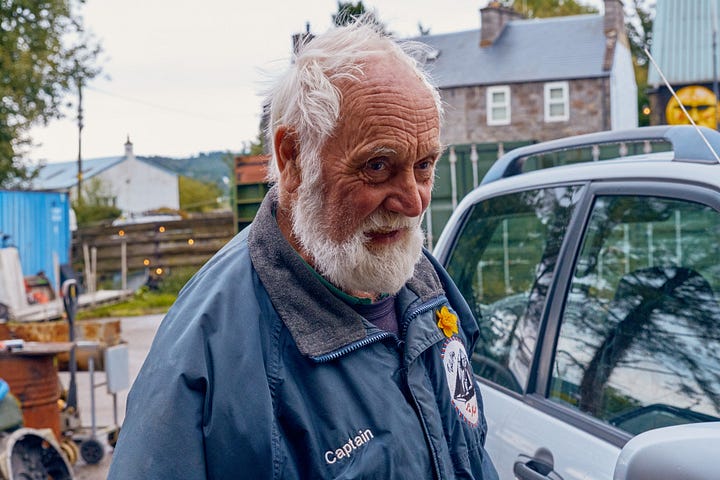
These kinds of power struggles also play out in the social. Having previously lived in Scotland, my sense is that it still carries overtones of a feudal society. I recall having to deal with a “feu[dal] disposition” when buying a flat in Edinburgh, for instance. The head of the parish council is still seen by the people as the lord of the manor, particular when he is a major landowner (as is this case). Deference is given to the powerful, who can come over more as masters than public servants. Palnackie can also be seen as a class struggle, with the “respectable village” who pay their council tax, and the “dirty hippie” vassals at the harbour who live in a different mode.
It only takes one article by a concerned onlooker to “go viral” to tip the scales on the matter of public opinion, especially in the age of social media. Even a food store checkout lady in the next town over said she had seen my article on Facebook. We have power through the pen as ordinary men and women, and just have to exercise it. When I turn up, and it is like an alien from Mars arriving in social terms. I am not a hippie, went to a top private school, did a posh degree, reached executive level at a blue chip corporation, consulted to global board level, collected patents… you get the idea. I paid the entry price to the technocratic establishment, but declined the membership offer, becoming a dissident instead, with my own platform and reach. I cannot be controlled via denouncement and ostracism in the village community.
What Buittle Quest and the council are doing is something akin to buying a court building, and then deciding they are the judge, and directing all proceedings. It doesn’t work that way! Not in the lawful, legal, or social. This isn’t just a moral failure, it has a deeper spiritual aspect by desiring to control others, and deny their free will via rightful access to the land and sea. The sin of pride is the worst sin, because it means you are unable to repent this grave error, and learn from your mistakes — which we all have. As the frontman for the community, you should be a fine example to follow, not a terrible warning.
This leadership issue has wider consequences. Palnackie is defined by its harbour; without it, there would only be more fields alongside the river. Old people remember more vibrant times. The primary school is marginal in terms of numbers, with only one full-time teacher and headmistress shared with another school. In the meeting, I realised success is defined by your headcount of healthy and happy children. They are the only real stakeholders that matter in the long run, being our true wealth — not land, money, or boats. When they are denied engagement with the harbour users, and their inheritance, then they lose.
Meanwhile there has been no progress in redoing the village playground in 5 years since the last plan was make, and the ownership of the land of the park is a bit murky. Even the signs in the village are worn and covered in algae and muck. It is a tiny detail, but the glass cover of the village noticeboard is so scratched my camera didn’t focus on the paper behind. A village with verve and pride would attend to all these details. There is so much potential for Palnackie to grow, with a harbour cafe, summer ice cream stall, a small hostel, more galleries, boat trips, a museum, or a boutique store.
Instead, we have a feud between those of the sea and those of the land, with the children being used as pawns. It doesn’t serve the people for their parish council chairman to end up in jail for being an incompetent criminal. In a way I feel for him, as there ought to be other men and women standing up to him, and keeping him honest. It’s a failure of the whole community, not just one man trying to get things done in the company of cowards. Where is the new owner of recycling centre, and why is he not briefing the community on his plans? Why aren’t Scottish Water present, if only in a PR capacity?
I have no personal beef with Angus Campbell, and I hope he turns around before it is too late, because watching a reasonably decent man head towards potential tragedy is saddening. There is still time to adopt a humble stance, say you have made a terrible administrative error, and retract the land transfer request. Do it while there is plausible benefit of doubt over it being confusion, rather than crime. It might mean stepping down as council leader, resigning the charity trusteeship, and abandoning your accomplices. When you are in the last chance saloon, none of the exits lead to pleasant places. Better to make it a civil matter than to go down for fraud, theft, and maladministration. That kind of misstep can ruin lives and families, for no gain.
A good friend pointed out to me the deeper dynamic. The harbour users are the ones challenging “the system” while living free, and don’t wear “face coverings”. The villagers are more prone to do as they are told, and follow the “official” established order. Yet we are at a dividing point in history, as that order is crumbling under the weight of its own corruption. Too many people in power have “played the game” of manipulation and domination, justifying their small unholy acts to themselves at each step as being in good faith and for the public interest. To admit you were wrong, stop playing the game, and walk away, is to change your life in a profound way. The narrow path is a hard and lonely one at times.
The fundamental attribution error is to put too much weight on the individual and their character, and not enough on the context and systems. We will always have narcissists who construct their own parallel reality, gaslight, demean, accuse, and invert. There will always be a “handshake brigade” who favour each other in some way. Life inevitably presents the opportunity for shortcuts that go around the law, that can be taken for expediency even if there is no personal gain. It is human nature.
The state has centralised a lot of power, and the community has been denied full responsibility for its old, sick, disabled, young, and lost. It would be healthy for all of us to return that duty (and attendant resources) from compromised institutions to the “edge” of society . Council meetings would be among the most important events in the calendar because they would be crucial to everyone. Local elections would seek out the most noble and competent, as all have serious skin in the outcome. Adherence to the law would be a priority: you can knock on a wrongdoer’s door to seek redress when they are in walking distance.
I learned a lot from attending a single public council meeting, and plan to join more public venues in time. This last year has also seen me make my first ever trip into a court (as the complainant). I have seen how a gradual process of degrading oneself via compromise leads to corruption. The small lie begets the little cheat, that starts the minor crime, which sets up a bigger fraud — with calamitous personal and societal results.
I have some observations on the running of public meetings online via services like Zoom, and that demands a separate article. The bottom line is that this service is fine for remote working in a corporate context, but is not fully fit for purpose for public service events. Again, this is a failure of “we the people” to either demand or provide the tools for the job.
I also believe we need to change in the law to prevent the use of ‘shell charities’ (akin to shell companies) by the public sector in order to evade transparency, accountability, and statutory constraints on their activities. Anything that applies to a public body should also apply to an agent of that body where there is effective common control. If it doesn’t look right, then it’s not the right way to operate.
Based on this experience in Palnackie, I would urge you all to consider going as a witness to council meetings, court hearings, and school boards. Accountability can come from things like voting and juries, but ultimately we have to act in our immediate communities, face to face. At a local level the problem isn’t our representatives, it is our own laziness and apathy.
Some people don’t care about the law. Others of us do, passionately. We will only have equality under the rule of law if the latter hold the former to account, and expose them. Palnackie is pretty ordinary, and these kinds of struggles are everywhere. If this story has an organising theme, it is the power of one person shining light to make a difference. The rule of law rests on the open flow of information and free speech.
Those who stray off the righteous path should be encouraged to return and atone, as we are all sinners. But if they don’t repent, and continue to commit crimes that harm the innocent, then we have to be prepared to push for punishment. Palnackie has a pirate problem: stealing public property off the port users is a serious crime, and has to stop, by threat of prosecution if necessary. The law does matter, and it has teeth too.


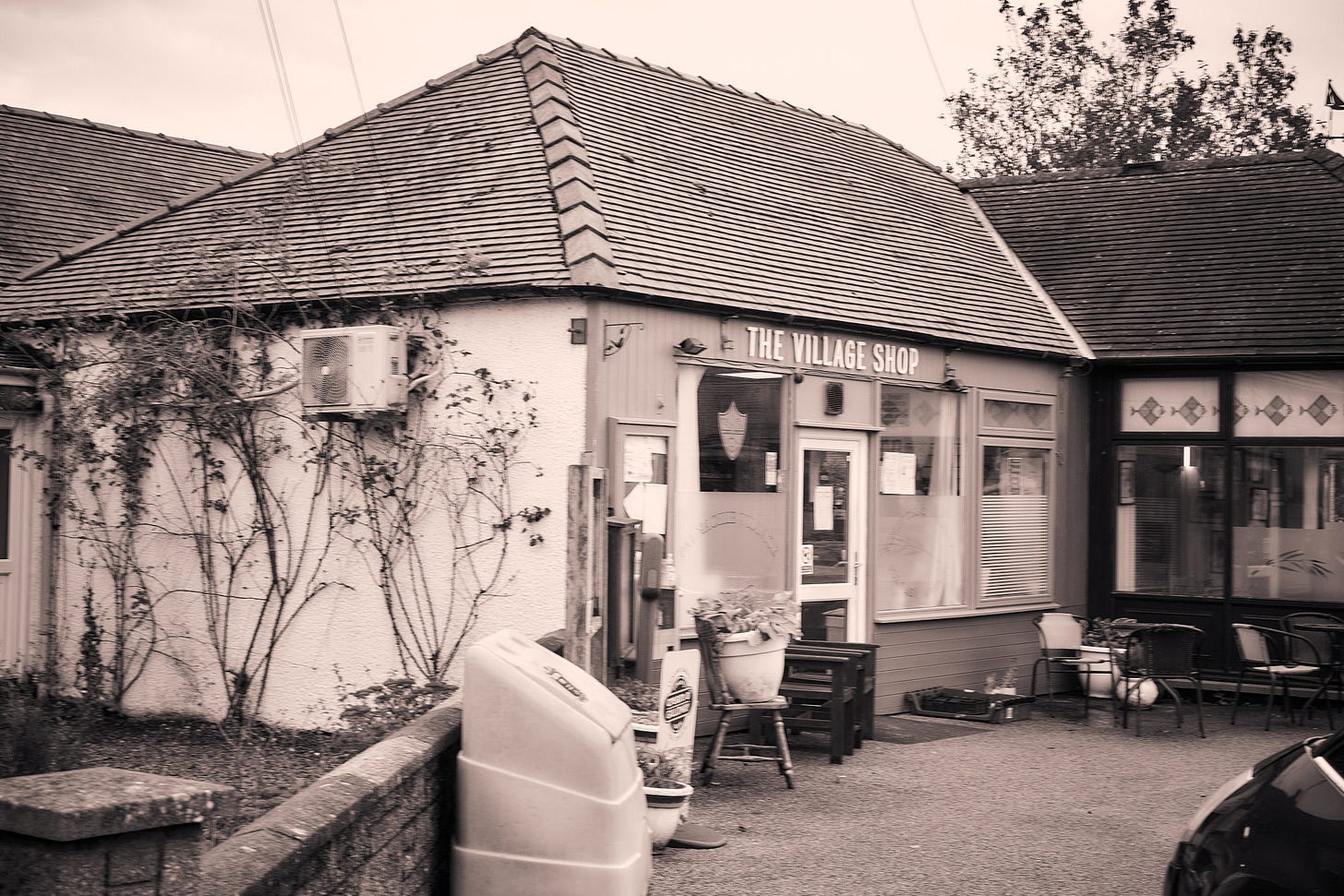



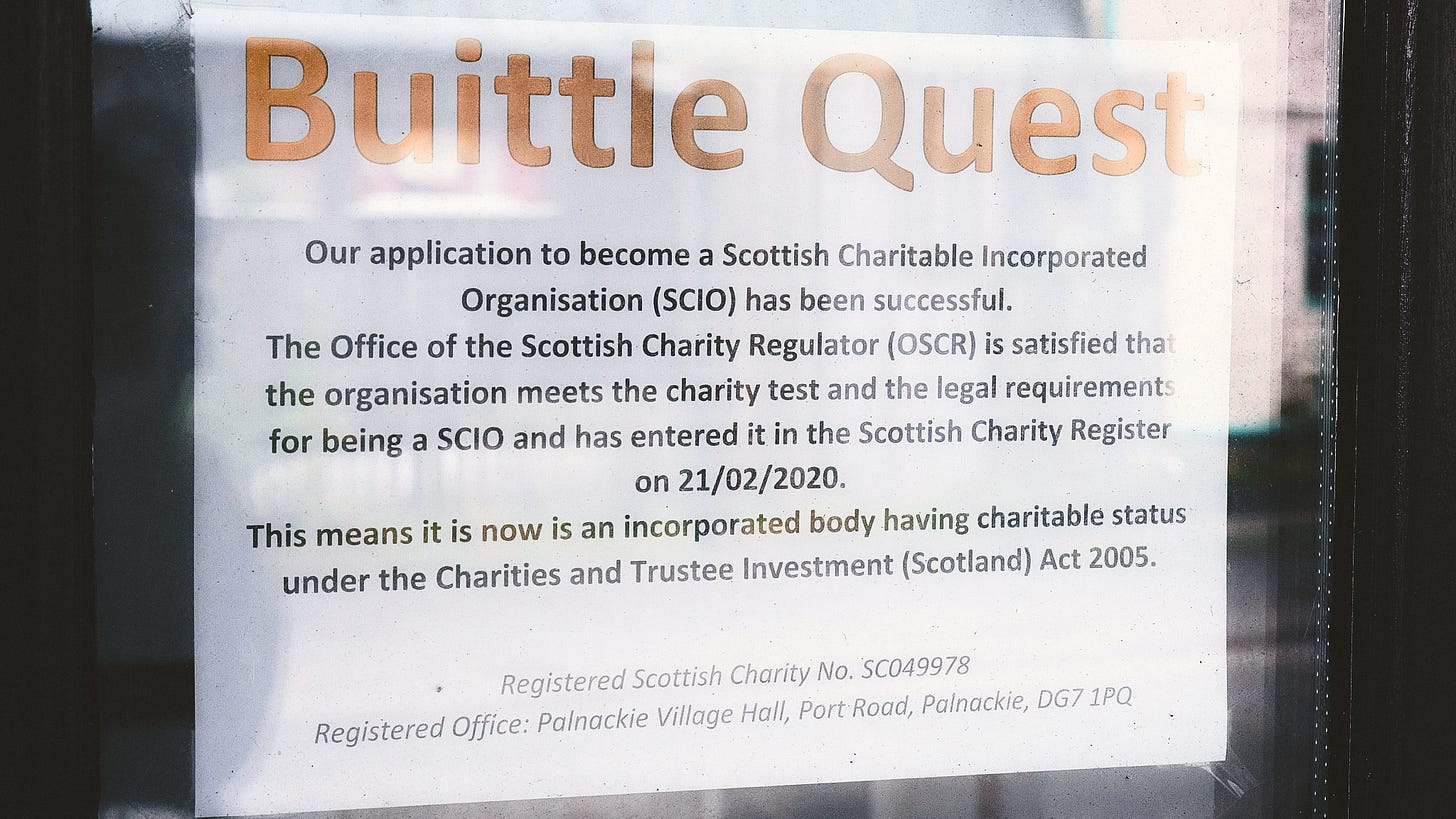
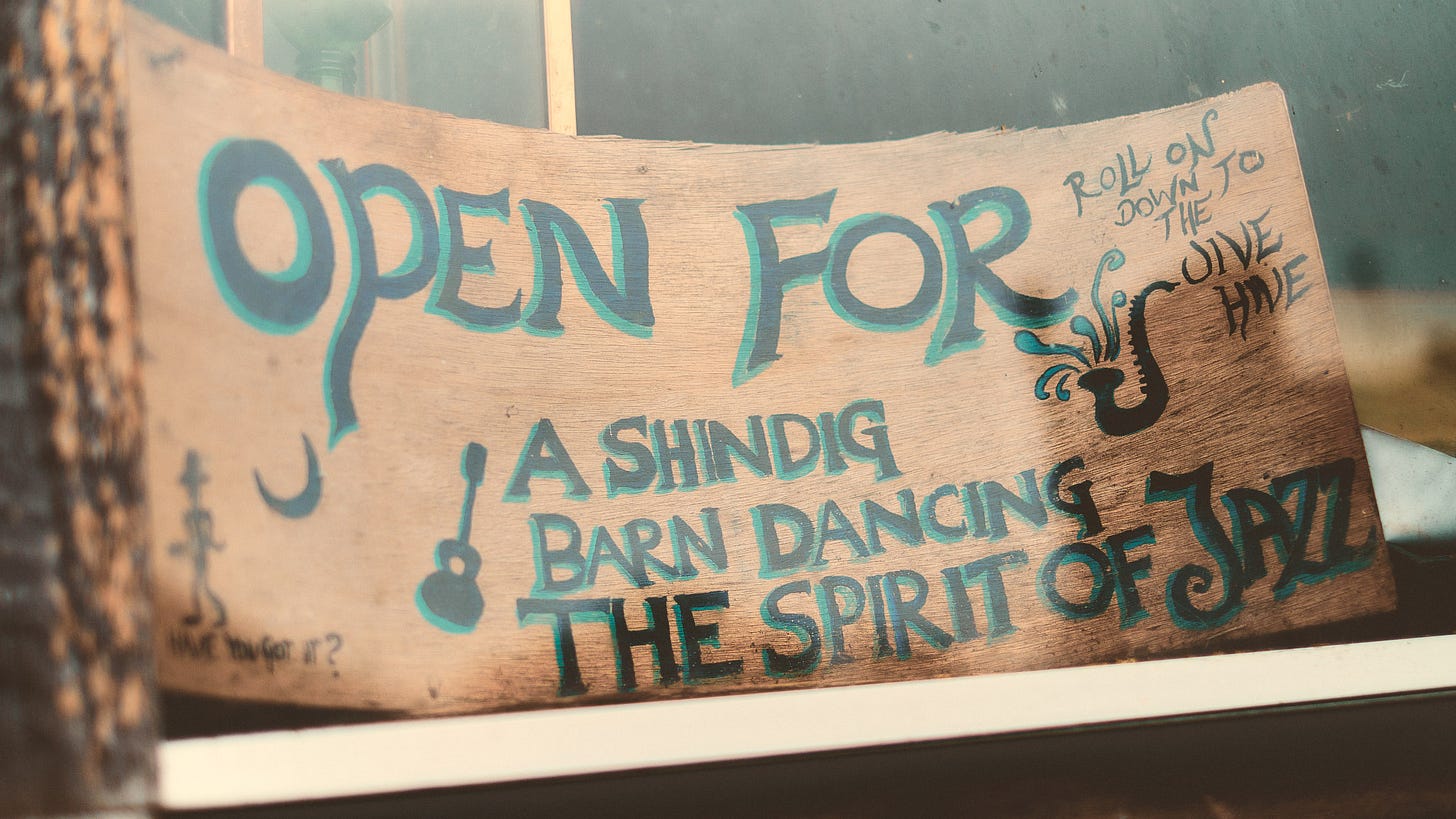

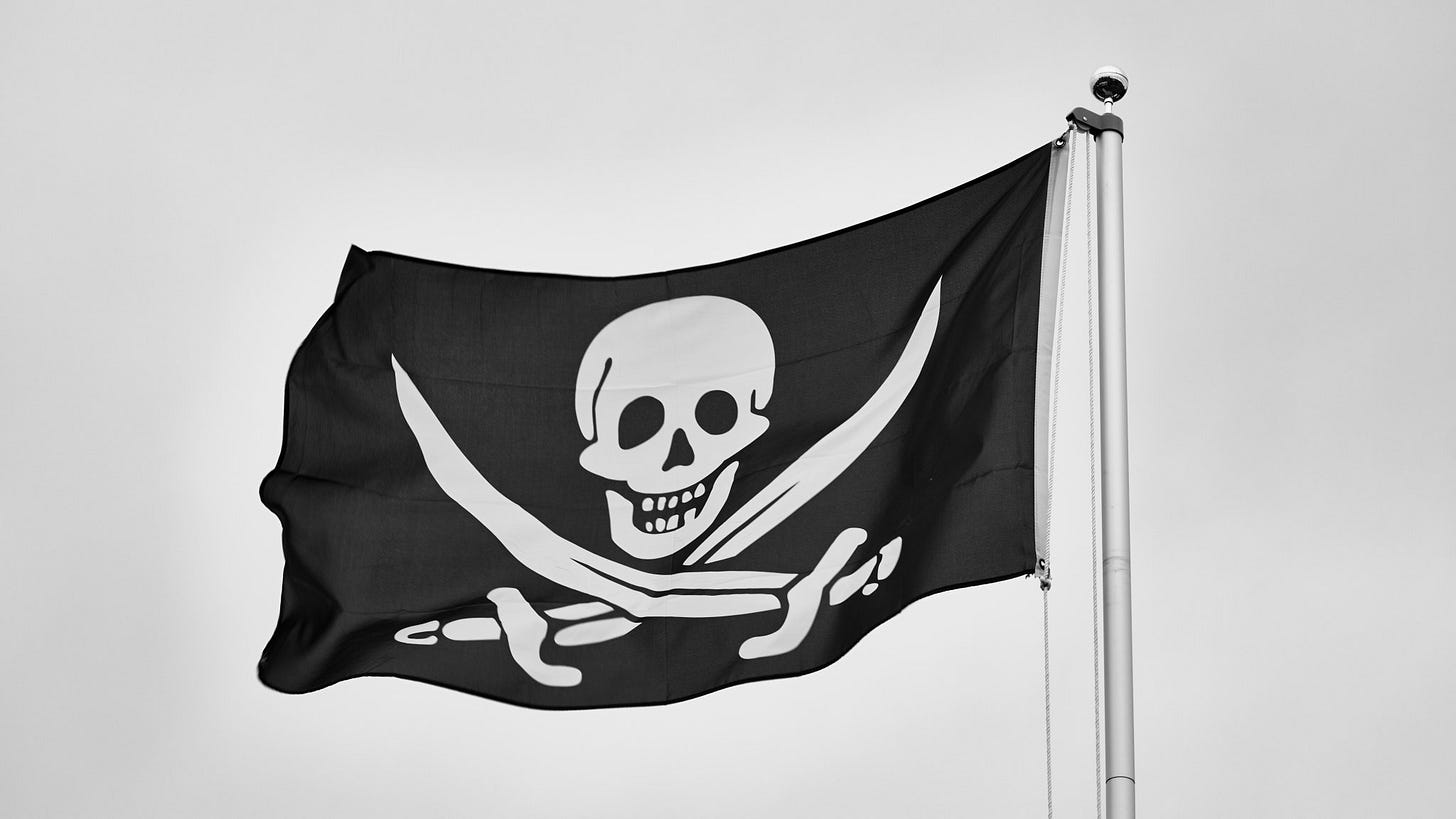

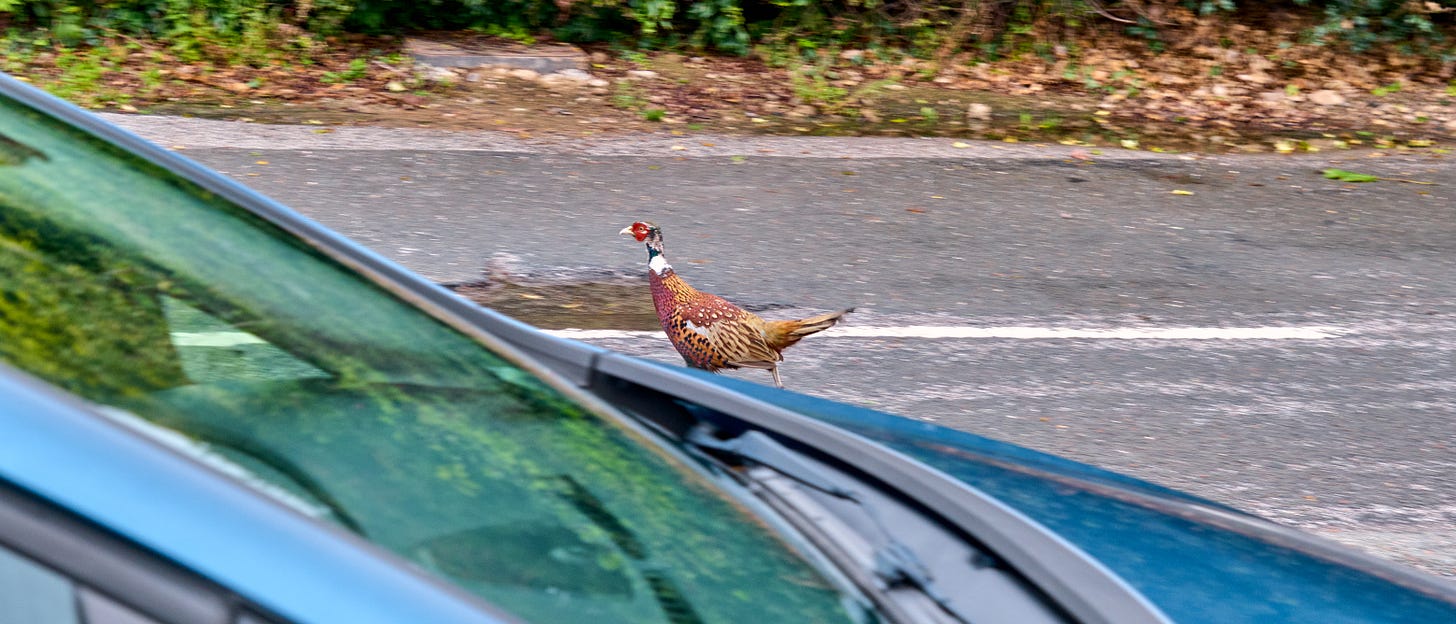
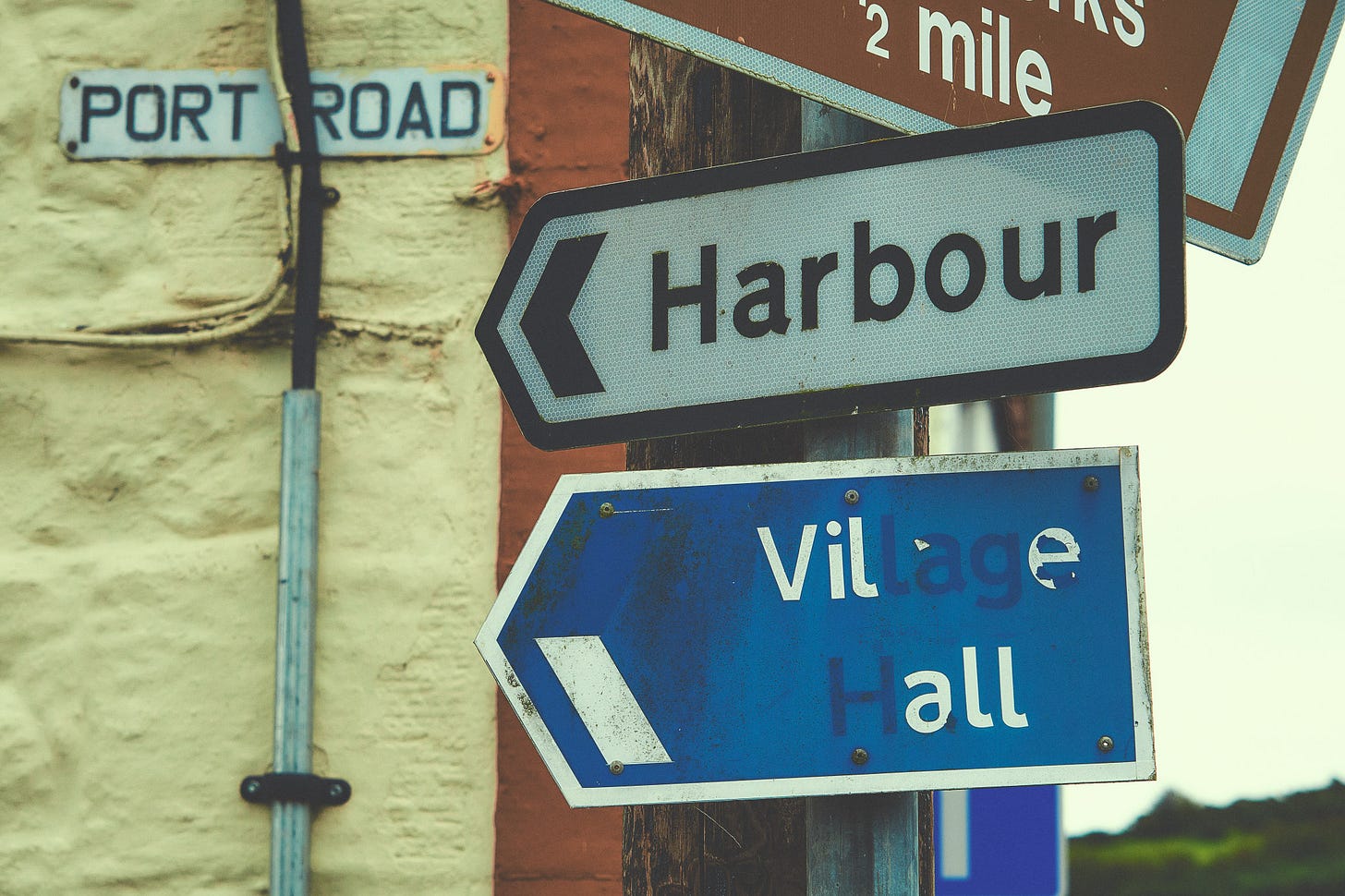



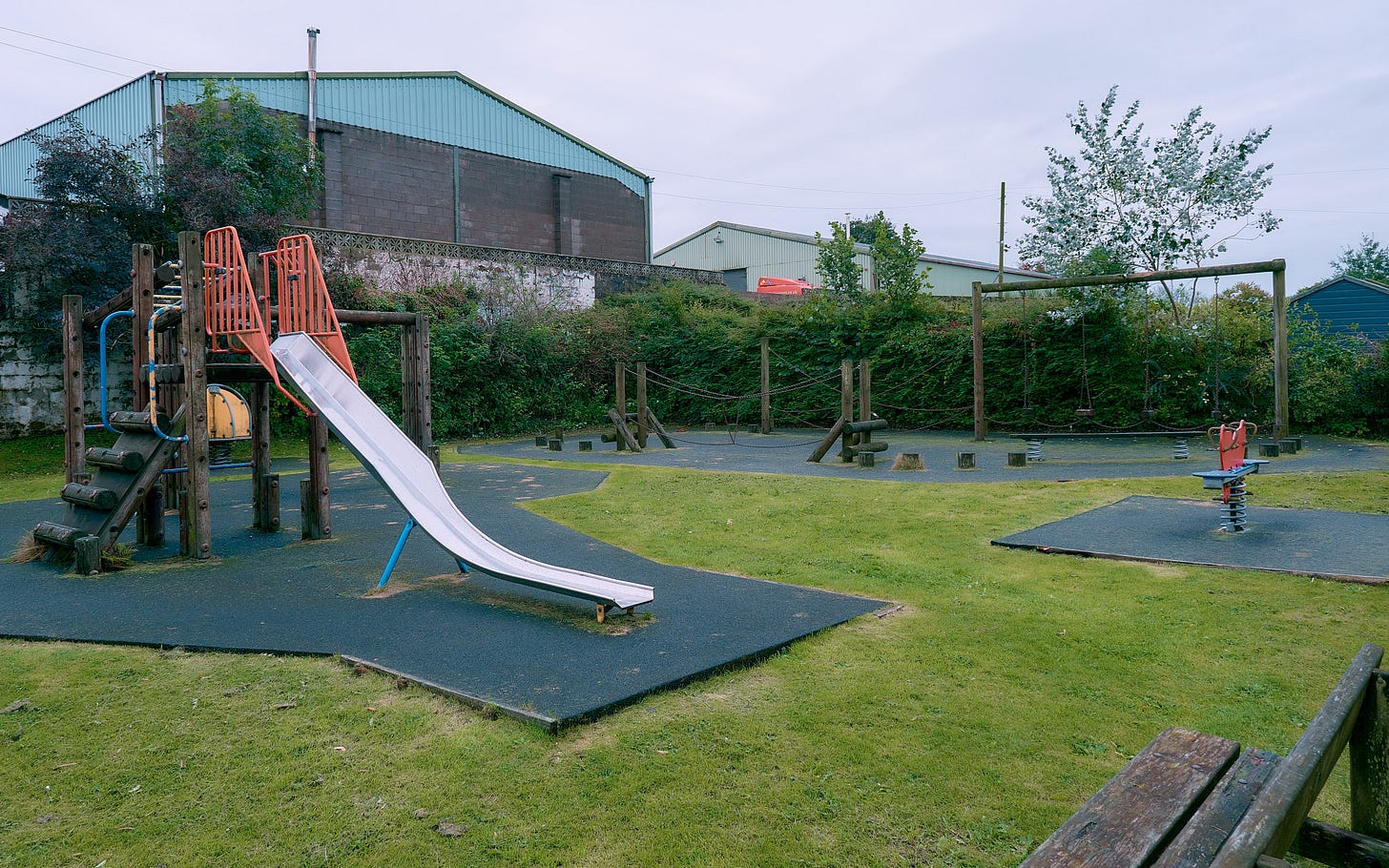




Local Action = National Impact - Lt. Gen. Michael T. Flynn
Get Involved. Take Action. Never Quit.
Run for a political office in your local community.
Volunteer for a local committee in your community like the recreation department, library committee, zoning committee, economic development committee, whatever it is, get involved.
Study the candidates running for office in your community or state assembly, and get involved in their campaign.
Stay informed about issues in your community and when you believe they are going in the wrong direction, speak up. Do the same at the state level.
Attend a public hearing on an issue you are interested in, stand up and voice your opinion.
Pick up the phone when you disagree with a pending vote by your state or county politicians and voice your opinion. Do the same on national issues.
Organize a neighborhood voter registration day.
Volunteer as a poll worker on election day.
Check your voter registration record.
Demand your community’s voter rolls are up-to-date. Find out how you can help to get the job done.
VOTE – Encourage your family, friends, neighbors
Write a commentary for your local newspaper – a letter to the editor – start the conversation!
Commit to one or two hours per week or more – find your stretch point and meet it. Don’t stop.
At this point in time in America, the lies and deceit continue on a daily basis from he top down. For someone on the outside to see what’s happening for the first time, they would be in shock. We have a President who doesn’t know his arse from a hole in the ground, thugs on The Hill who some refer to as the walking dead, who are unfit to even be in public office, and someone like Fetterman, who we’re not even sure is the same person who was installed at the beginning. We no longer have a rule of law or abide by our Constitution, and we’re watching our country be destroyed daily, and the swamp creatures who pledged an oath to protect us and our country are doing nothing but performing theater for those sheeple who have no idea about anything, yet alone that their children our in danger, or don’t care. I seriously wonder at this point. I don’t see many standing up for much anything that harms them. For instance, illegal invaders’ kids are not mandated to get the required vaccines our kids are mandated to get, but they are able to attend our schools. Why is that? Also, who knows what diseases they’re carrying. So many of our political mafia are corrupt, bought and paid for, they have no choice but to continue on with their treasonous behavior. Some whose crimes aren’t as egregious may get a pass; otherwise, there would be only a few left, and I don’t agree or understand why it should matter. We’ll see. I do know when we take our country back, I don’t want to hear a word from the minority in this country who have done so much to harm us. Like I’ve said before, we’ve lost all tolerance for the intolerant. They have failed miserably, and now it’s our turn, time to get tough, time to take care of Americans and America. And, as far as the rule of law is concerned, for the jurists who have betrayed our country, I remember awhile back that POTUS45 asked Tom Fitton from Judicial Watch to investigate the corrupt jurists in our country, and he only said it once, but I know Fitton’s keeping a list and checking it twice, and one day they’ll get their comeuppance.